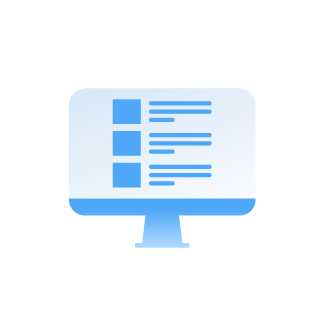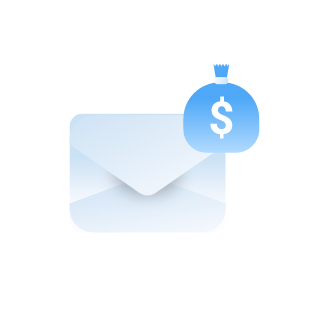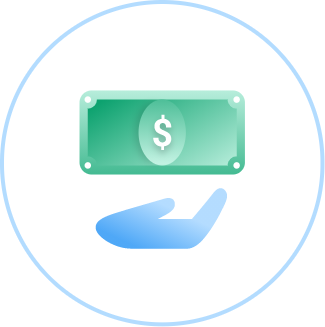
The decision to buy your home is incredibly exciting, but it also invokes anxiety. One source of anxiety is the complicated mortgage jargon. However, understanding mortgage terminology can help you overcome the haziness and navigate the homeownership process.
To help you understand the mortgage process, LendMeMoney.com compiled a list of standard terms and their meanings in our Home Loans 101.
The term mortgage in block squares
Let’s start our Home Loans 101 with the head jargon itself. A mortgage is a loan you source to finance your home purchase. A lender or bank provides the cash up front, and in return, you pay back the money plus interest over a length of time until the loan is fully paid.
The origination fee, in mortgage terminology, is the fee you pay your lender to process and fund your mortgage. It is either itemized or a percentage of the loan you’re seeking.
Down payment is Home Loans 101. It’s an upfront amount you’re asked to put towards the purchase of the home in cash, as a percentage of the home’s sale price. Typically, the more significant the amount you put down, the better the interest rate offers. Also, if the down payment is high enough, you may not be required to have private mortgage insurance.
Besides the down payment, you’ll typically have to carry private mortgage insurance (PMI). For the purposes of our Home Loans 101, PMI insures the lender against a possible mortgage default. Some mortgages allow you to stop making PMI payments when you reach 20% equity on the property, and with others, you must refinance the mortgage to remove the PMI requirement.
The mortgage term is the time assigned to you within which you must pay back the loan and interest carried, in scheduled monthly installments. Typically, mortgage loan terms are 15, 20 or 30 years. When the term elapses, the remaining balance is due immediately. You must pay it off immediately or refinance or renew your mortgage.
APR is a common mortgage jargon. It is the cost of credit expressed in a yearly percentage, including interest and other charges. Use it to compare different loan offerings to determine the most affordable mortgage plan.
A fixed-rate mortgage has an interest rate that stays constant throughout the loan term. For Home Loans 101 students, a fixed-rate mortgage can be a good deal, especially if you land a low interest rate.
This is a mortgage whose interest rates change. Usually, you get a low-interest rate in the first few years, and after that, the rate adjusts up and down depending on market movements. The initial rate is typically lower than that of a fixed-rate mortgage, which makes it attractive. But a volatile economy makes this mortgage type riskier.
This bit of mortgage terminology refers to the documentation you present to your lender as proof of your ability to repay the mortgage loan. For example, you may be asked to present W2s and 1099 forms as proof that you earn an income or a statement outlining all your assets and liabilities. The lender also runs a credit report to ascertain your credit history.
The term escrow account is mortgage jargon most first-time mortgage applicants are not familiar with, yet very important in the homeownership process. An escrow account is a savings account your lender sets up to collect and pay your property taxes, mortgage insurance, and homeowners insurance when due.
Next in our Home Loans 101 terms, a contingency is a clause in the purchase contract that outlines the conditions that must be fulfilled for the contract to be executed. Both you and the seller can include contingencies. For example, you might request that certain repairs are made to the house. The seller might request that you secure financing by a certain date. However, to proceed with the purchase, both parties must accept the conditions.
The last of our Home Loans 101 terms is closing costs. The closing cost is the fee you pay for the final property transfer. It includes charges like origination fees, appraisal fees, title insurance, survey, discount points, real estate agent fees, property insurance, taxes, and legal fees. The closing costs are not included in the property price; you must produce them separately. For a rough estimate, closing costs typically range from 2-4% of the sale price for the buyer and 3-9% for the seller.
To learn more about the mortgage process, visit LendMeMoney.com. We offer more engaging Home Loans 101 resources, and suggestions for some of the great mortgage offerings in America. Get the best mortgage offers today!

Answer a few questions


View competitive offers instantly


Request a loan


Get approved

Answer a few questions


View competitive offers instantly


Request a loan


Get approved